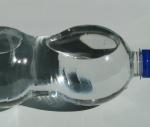The Russian Chemist Union: PET bottles do not contain harmful substances
The Russian Chemist Union (RCU) reckons that the presence of harmful substances in plastic bottles is not possible. The RCU President stated that it is not possible that PET bottles contain phthalates. This contradicts the laws of chemistry and the results of numerous Russian and foreign research projects.








